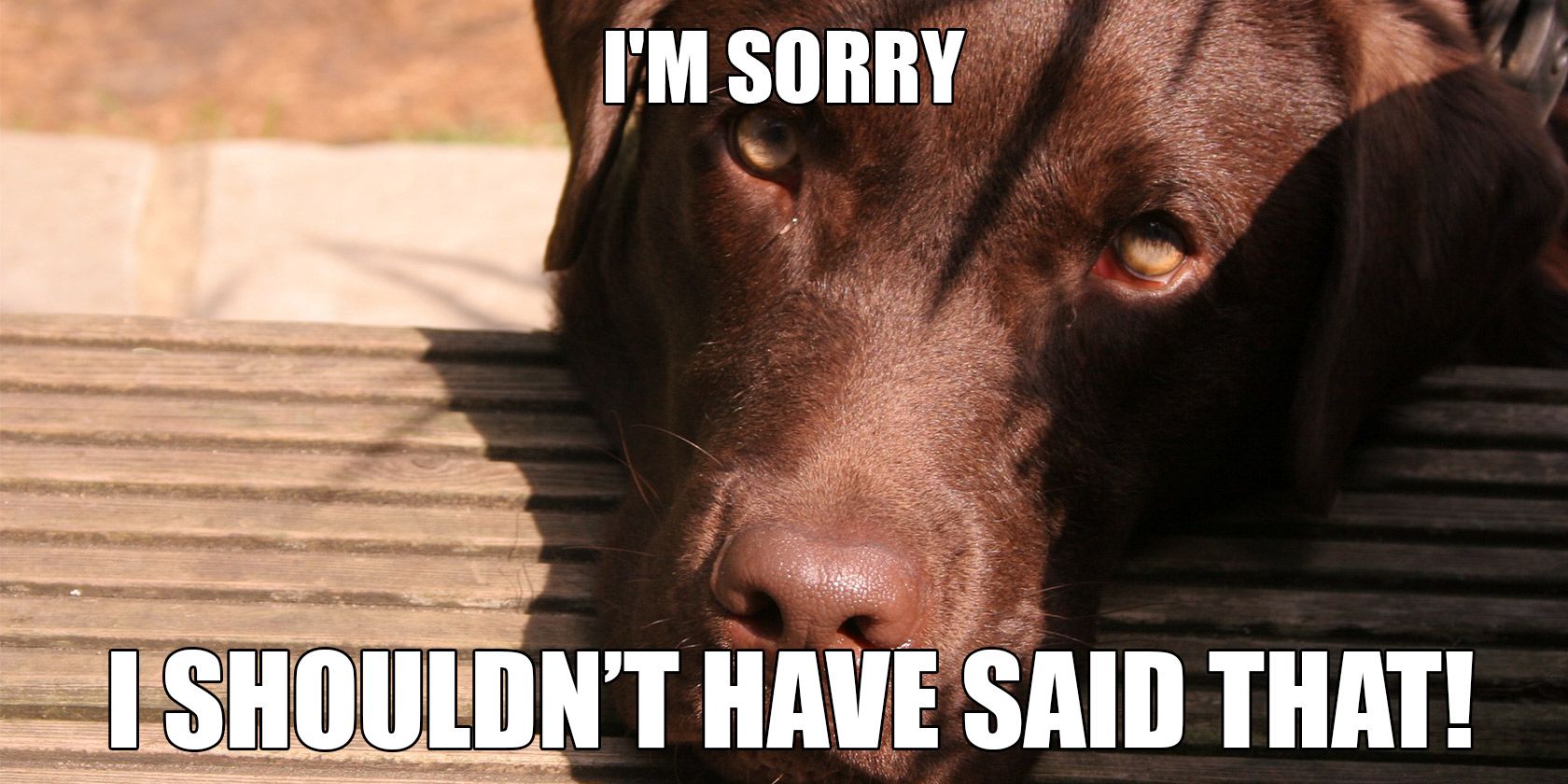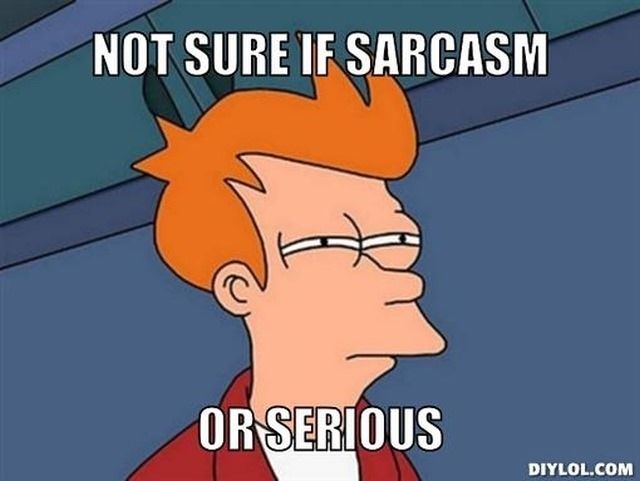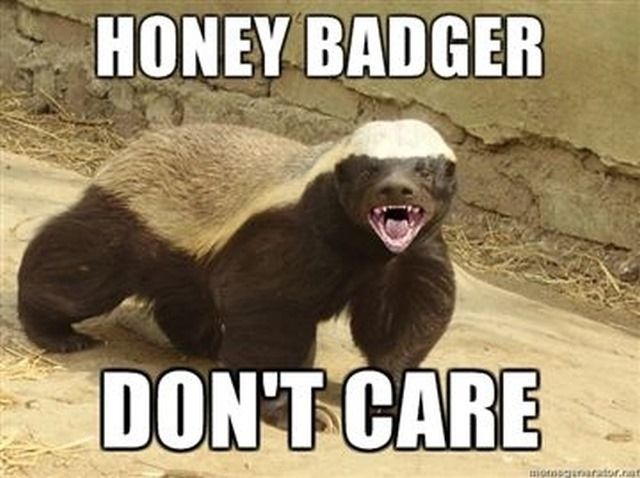Your friends know you, and they know when you're trying to be funny. Twitter doesn't, and a bit of misplaced sarcasm can come back to haunt you. The wrong tweet can make you look like a terrible person, and "I only meant it as a joke" sounds like a very lame excuse.
What's Sarcasm, Anyway?
Since words like irony and sarcasm tend to be misused (thank you, Alanis), let's get our terminology straight here. Macmillan dictionary says:
sarcasm: (noun) the activity of saying or writing the opposite of what you mean, or of speaking in a way intended to make someone else feel stupid or show them that you are angry
So I'm not saying you shouldn't make jokes on Twitter, or shouldn't be funny. I am saying that you shouldn't send out tweets that mean the opposite of what you're trying to say:
@sideox I hate you.
— Justin Pot (@jhpot) February 11, 2014
So that's Justin (our managing editor) writing Dave (our gaming editor) that he hates him. To anyone who knows Justin and Dave, this is an obvious joke. Thing is, most people don't.
This is a mild example, of course. I'll get to a more serious one in a moment, but let me first explain why I think this happens, and why you should watch out.
Context and Connection: Twitter Doesn't Care
We are wired for continuity. In a normal conversation, context carries a lot of weight: This sentence builds on the previous one, which builds on the previous paragraph. But Twitter breaks this natural flow — it atomizes our communication, if you will. Each tweet is its own thing, a 140-character packet of significance, ready to be taken out of context and embedded elsewhere.
Context is not the only thing Twitter breaks: We're also wired to assume a conversation is a somewhat private thing. If you're like most people, you don't have thousands of Twitter followers. If you use Twitter at all, you likely interact with a fairly small number of people on a routine basis. Cozy. Only it isn't, really. Twitter is as public as it gets, with some people working hard to get as many followers as they can. It never forgets, either: Unless your account is private, which is pretty uncommon on Twitter, everything you say (except for direct messages) is publicly available, and is archived. This is all too easy to forget.
Case in point: Sean Frederick's tweeted a racist-sounding tweet to his followers. He then said, "The tweet garnered a few meager laughs and favorites from my followers, who clearly got the joke. In the upper-right hand corner of the country, 'Speak American!' is a pretty obvious (if hackneyed) punchline." In other words, this was classic sarcasm — Frederick was poking fun at racists by making a racist tweet to show how dumb they are. Clever.
Unfortunately, that same tweet also caught the attention of a Buzzfeed blogger hungry for some cheap thrills (it is Buzzfeed, after all), who embedded it in a post covering racist tweets, making it look like one of them. Naturally, this riled up Frederick, who then threatened legal action.
What I find surprising about this whole story is the expectation to be understood. "Of course it was a joke!" thinks the jester, "How could it possibly be misunderstood?" — but that's what Twitter is built for.
So How Can You Be Sarcastic?
There actually are simple, easy ways to show sarcasm on Twitter: Set up a parody account which isn't linked to your "real" identity, and tweet your heart out.
Alternatively, you could simply retweet other people. Back in 2011, comedian Jon Hendren simply retweeted numerous tweets of teenagers bitterly complaining about their Christmas gift not being an iPhone. Hendren made his point very clear, without adding a single word of his own.
Finally, not all humor is sarcasm. You can be hilarious without being offensive — that's actually possible. Needless to say, there's lots more to learn about Twitter, so you might want to look at our complete Twitter guide, or Happy tweeting!
Image credit: DIYLOL, troll.me, Know Your Meme




